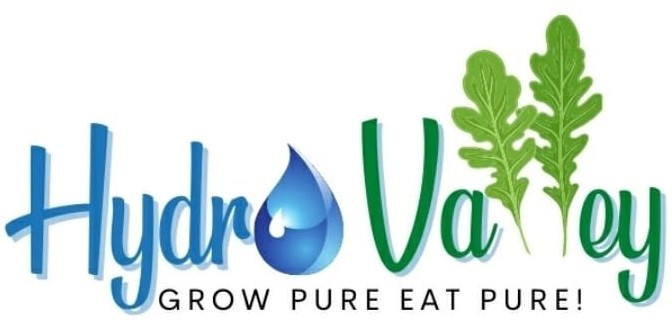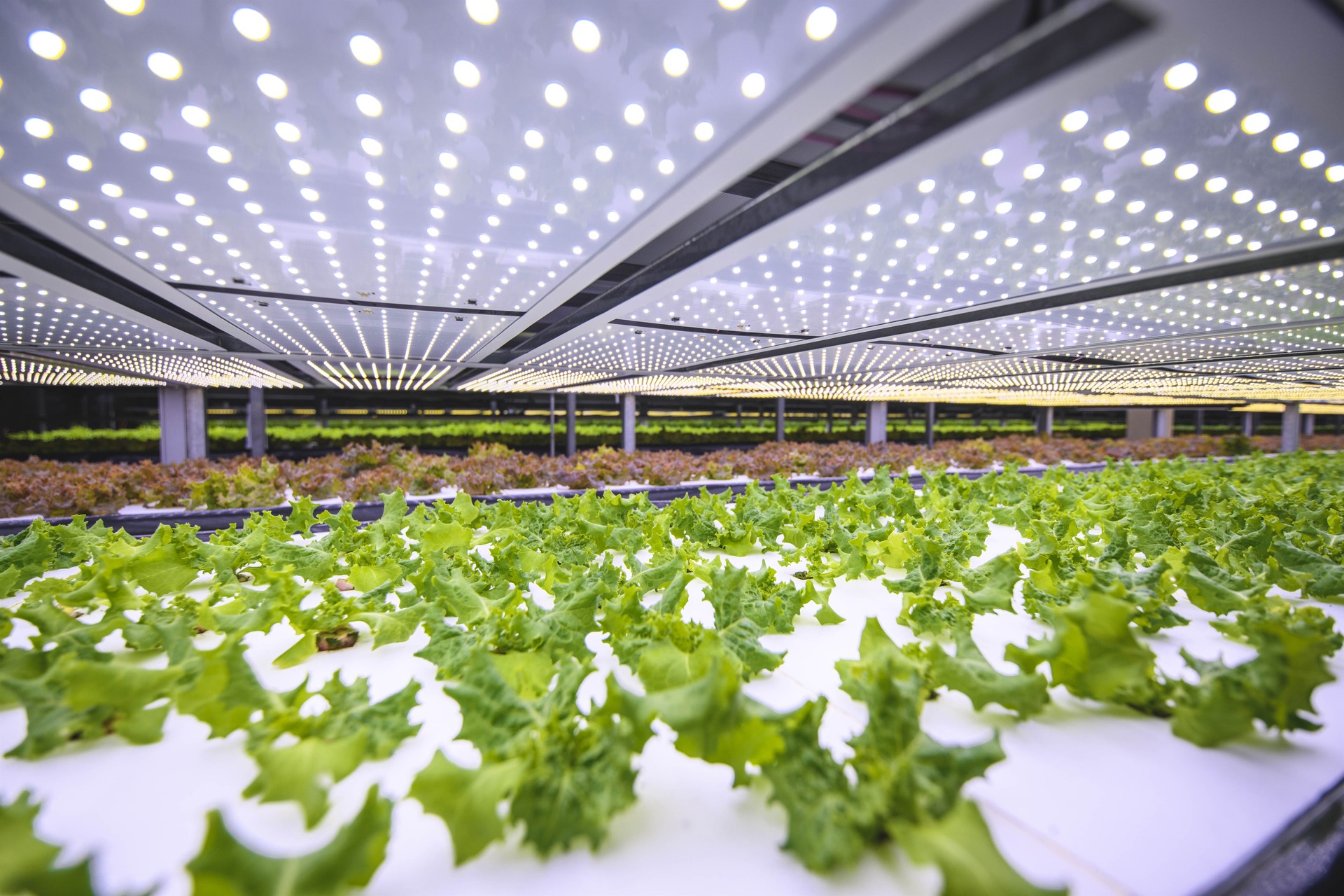As the global population grows and environmental challenges intensify, innovative solutions in agriculture are essential. Hydroponics is a groundbreaking method of growing plants without soil, using a nutrient-rich water solution instead. This soil-free farming technique offers multiple advantages, making it essential for a sustainable future. Hydroponics can help address pressing issues like food security, water scarcity, and the need for local food production, making it a game-changer for modern agriculture.
One of the most significant benefits of hydroponics is its efficiency in water usage. Traditional farming consumes vast amounts of water, much of which is lost to soil absorption and evaporation. In hydroponic systems, water is circulated directly to the plant roots and reused, resulting in up to 90% less water usage than conventional farming methods. This reduced water consumption makes hydroponics a viable option in areas with limited water resources, helping preserve this precious resource for future generations.
Hydroponics is also space-efficient, allowing plants to grow vertically or in compact arrangements. This aspect of hydroponics is especially valuable in urban areas with limited land. Hydroponic systems can be set up in warehouses, rooftops, or even small indoor spaces, transforming underutilized urban areas into productive farms. By bringing food production closer to consumers, hydroponics reduces the need for transportation, which cuts down on carbon emissions and ensures fresher produce for urban residents.
Another critical benefit of hydroponics is its ability to produce food year-round, independent of seasonal or weather changes. Indoor hydroponic farms, often equipped with LED lights to simulate sunlight, create stable growing conditions for plants. This stability supports a consistent food supply, which is vital in regions facing climate unpredictability or extreme weather. With hydroponics, food can be produced consistently and reliably, strengthening food security and resilience against environmental disruptions.
Hydroponics also enables precise control over nutrient levels, optimizing conditions for faster growth and higher yields. Nutrients are delivered directly to the plants, resulting in healthier and more productive crops. Because the plants are grown in a controlled environment, hydroponics often requires fewer pesticides and herbicides, leading to cleaner, pesticide-free produce that appeals to health-conscious consumers.
In a world where agriculture faces numerous challenges, hydroponics offers a sustainable and innovative way to feed the planet. Its efficient use of water and space, year-round production capabilities, and reduced reliance on chemicals make hydroponics an essential tool in the future of farming. By investing in hydroponic technology, we can work toward a more resilient, sustainable, and food-secure future that benefits both people and the environment.



